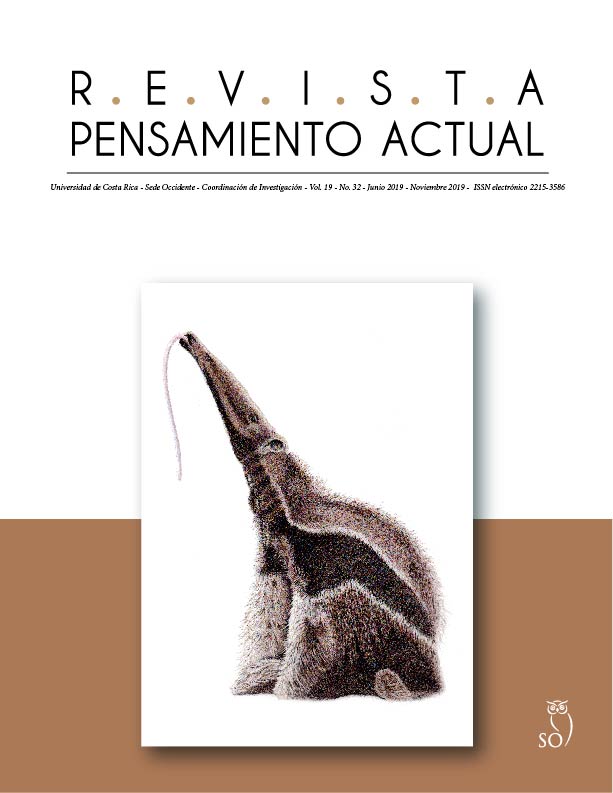Resumen
Second Treatise como primer texto de la tradición occidental, a través de la consolidación de la teoría política como una disciplina independiente de la ciencia política, esto a partir del método contextualista de la Escuela de Cambridge. Así se desprende que Locke no fue estipulado como un autor liberal en Inglaterra antes de la segunda mitad del siglo XIX y, para John Gunnell, no fue canonizado como padre del liberalismo antes de la segunda mitad del siglo XX. Esto debido al valor de una interpretación analítica de su teoría de la propiedad y la relación amigo/enemigo, planteada en el Second Treatise, en el contexto de la Guerra Fría y la consolidación del bloque occidental.
Citas
Aarsleff, H. (1971). Locke Reputation in Nineteenth- Century England. The Monist, 55(3), p. 392-422.
Burke, E. (2003). Pre-Revolucionary Writings. Cambridge: Cambridge University Press.
Dunning, W. (1904). A Century of Politics. The North American Review, 179(577), 801-814.
Foucault, M. (1992). El orden del discurso. Buenos Aires: Tusquets Editores.
Fox, C. (1793). Letter from the Right Honourable Charles James Fox, to the Worthy and Independent Electors of the City and Liberty of Westminster. Londres: J. Debrett.
Grimes, A. (1962). Contemporary American Liberalism. Annals of the American Academy of Political and Social Science, 344, 25-34.
Gunnell, J. (1988). American Political Science, Liberalism, and the Invention of Political Theory. The American Political Science Review, 82(1), 71-87.
Gunnell, J. (2004). The Archaeology of American Liberalism. Journal of Political Ideologies, 6(2), 125-145. Doi: 10.1080/13569310120053821
Hobhouse, L. (1945). Liberalism. London: Oxford University Press.
Lasswel, H. y Kaplan, A. (1950). Power and Society. Framework for Political Inquiry. USA: New Haven Press.
Leonard, J. (2004). From European Liberalism to the Languages of Liberalisms: The Semantics of “Liberalism” in European Comparison. Sofia: University of Jyväskylä.
Locke, J. (1720). A Collection Several Pieces of Mr. John Locke. London: J. Bettenham.
Locke, J. (2015). Two Treatises of Government (Ed. Peter Laslett). New York: Cambridge University Press.
Merriam, C. (1913). Outlook for Social Politics in the United States. American Journal of Sociology, 18(5), 676- 688.
Nozick, R. (1999). Anarchy, State and Utopia. New Jersey: Blackwell Publisher.
Pocock, J. (1975). The Machiavellican Moment. New Jersey: Princeton University Press.
Rawls, J. (1999). A Theory of Justice. USA: Harvard College.
Sabine, G. (1961). A History of Political Theory (3th Ed.). New York: Holdt, Rinehart and Winston.
Schmitt, C. (1985). La dictadura. Madrid: Alianza Editorial.
Spencer, H. (2001). Political Writtings. Cambridge: Cambridge University Press.
Strauss, L. (1995). Liberalism Ancient and Modern. Chicago: University Chicago Press.
Wilson, F. (1944). The Work of the Political Theory Panel. The American Political Science Review, 38(4), 726-733.

